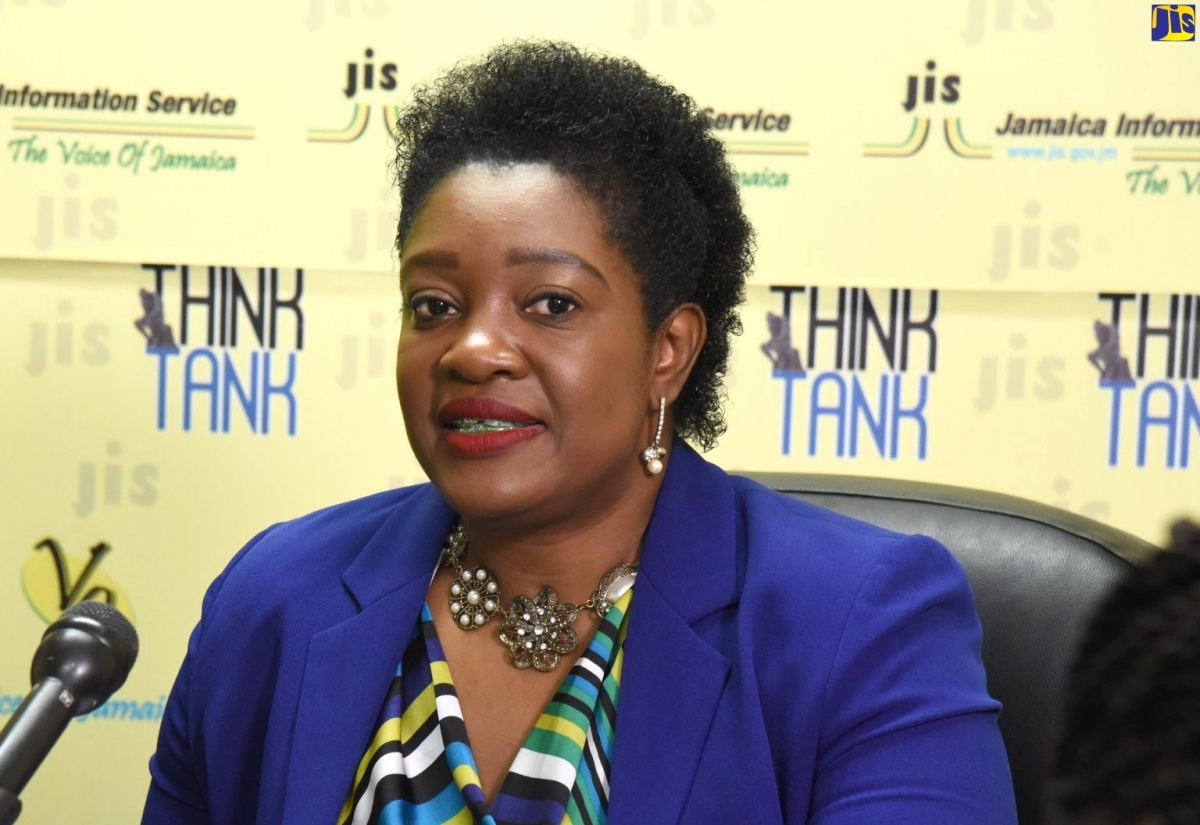NPSC Steps Up Efforts to Equip Parents with Coping Skills
By: , December 5, 2018The Key Point:
The Facts
- Chief Executive Officer (CEO), Kaysia Kerr, tells JIS News that the entity is concerned about the number of parents who are showing low coping skills and are consciously ‘opting out’, not wanting to continue the duties associated with parenting.
- Over the past month, the NPSC, under its ‘Be the Influence’ campaign, has been placing emphasis on three areas – planned parenthood, substance abuse and corporal punishment.
The Full Story
The National Parenting Support Commission (NPSC) is stepping up efforts to equip parents to properly raise their children.
Chief Executive Officer (CEO), Kaysia Kerr, tells JIS News that the entity is concerned about the number of parents who are showing low coping skills and are consciously ‘opting out’, not wanting to continue the duties associated with parenting.
Over the past month, the NPSC, under its ‘Be the Influence’ campaign, has been placing emphasis on three areas – planned parenthood, substance abuse and corporal punishment.
Planned parenthood, as the term suggests, encourages prospective parents to plan before having children and to develop strategies for how to approach parenting.
“When you think about parenting, in the same way you think about the career you want, the house you think you want to live in or the other material things you want, and sit down and craft a plan to obtain them, it is the same thing we are saying to our prospective parents,” Ms. Kerr says.
She adds that “for those that have teenagers and early teens, we encourage them to sit down, and have the conversation with them about parenting and why it is important to plan”.
As it relates to substance abuse, Ms. Kerr says the NPSC is providing assistance where children are purchasing over-the-counter drugs and cough syrup, which she says, are being mixed to make “dangerous cocktails”.
“We want parents to explain to children why it is dangerous to ingest these substances. Don’t just say ‘don’t use this particular substance’… . You need to encourage children on a daily basis… . Remind them when they are going off to school, if they see negative things happening, they do not have to partake,” she says.
Ms. Kerr advises parents to develop a relationship with their children, so that they will be comfortable speaking to them about these matters. Parents will then be able to make a report to the school that these substances are being circulated on the compound, she points out.
Importantly, Ms. Kerr notes that parents must investigate the reasons their child may be taking these substances, as this may be a sign of underlying emotional issues.
“You can explore, because if your child is following a fad, that is perhaps easier to correct than if there are underlying issues and the child is using the substance to self-medicate or cover up the pain that he/she is feeling. Encourage and support them, and you get to delve into whether or not your children are involved in these activities, and what they need to do to stay away from these substances,” she explains.
On the topic of corporal punishment, Ms. Kerr says the NPSC is seeking to start a national discourse to eliminate this method of discipline, as it has the potential to escalate to abuse.
Rather than flogging, she is encouraging parents to have conversations with children to uncover the underlying reasons for behavioural problems.
“Strike a conversation, not your child… . We really don’t want children to be beaten. We want that cycle to be broken. There are other positive practices that can be employed that will elicit a better response than the potential abuse. Find out why children are behaving the way they are,” she advises.
Also, Ms. Kerr recommends that parents encourage discussions about the child’s feelings.
“You want to explain to them and you want to get from them what their own feelings are about these boundaries. Where possible, compromise. Parents must be prepared to compromise, but we don’t want beatings to continue,” she says.
Other recommendations Ms. Kerr offers is for parents to explain the reasons for the rules they have set and why it is important that the child adhere to these rules for their well-being.
The NPSC’s ‘Be the Influence’ campaign is the continuation of a three-year campaign that was launched in 2017 as a call to action for parents to strive to be positive role models in their children’s lives.


